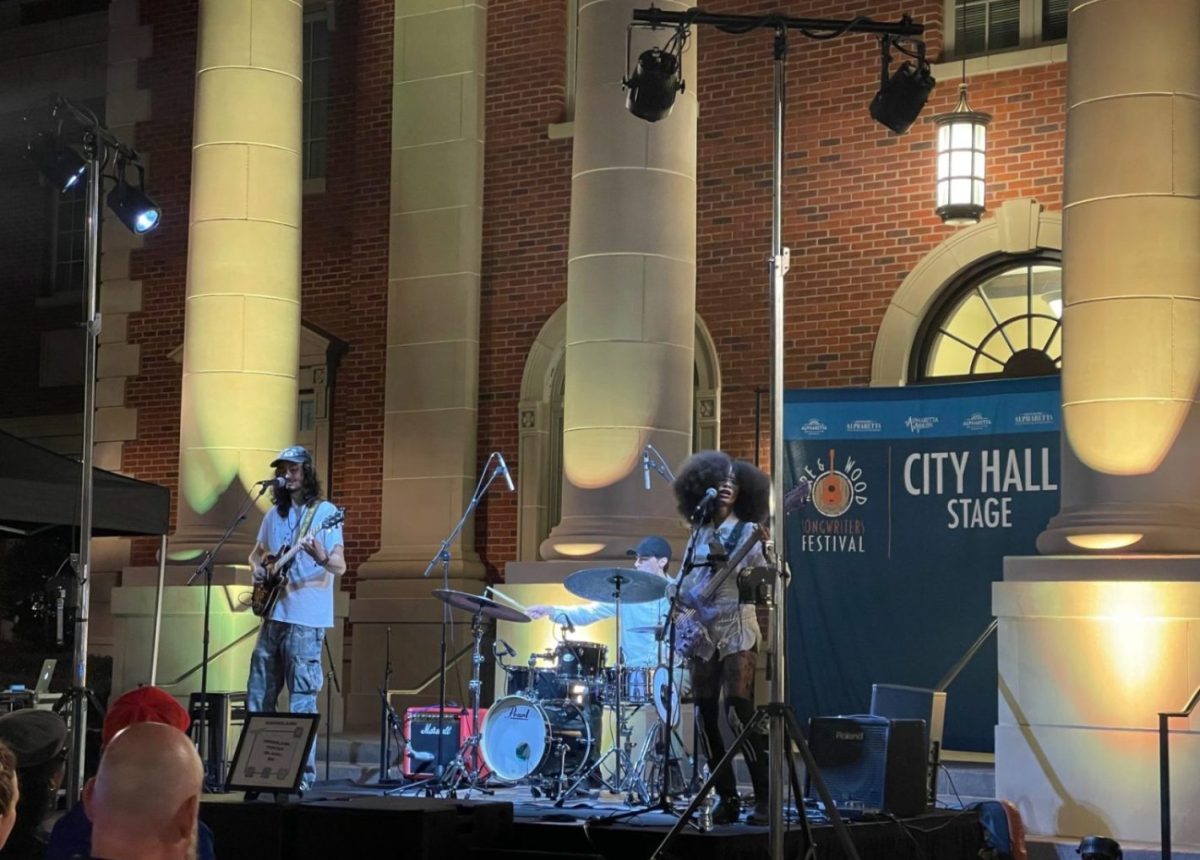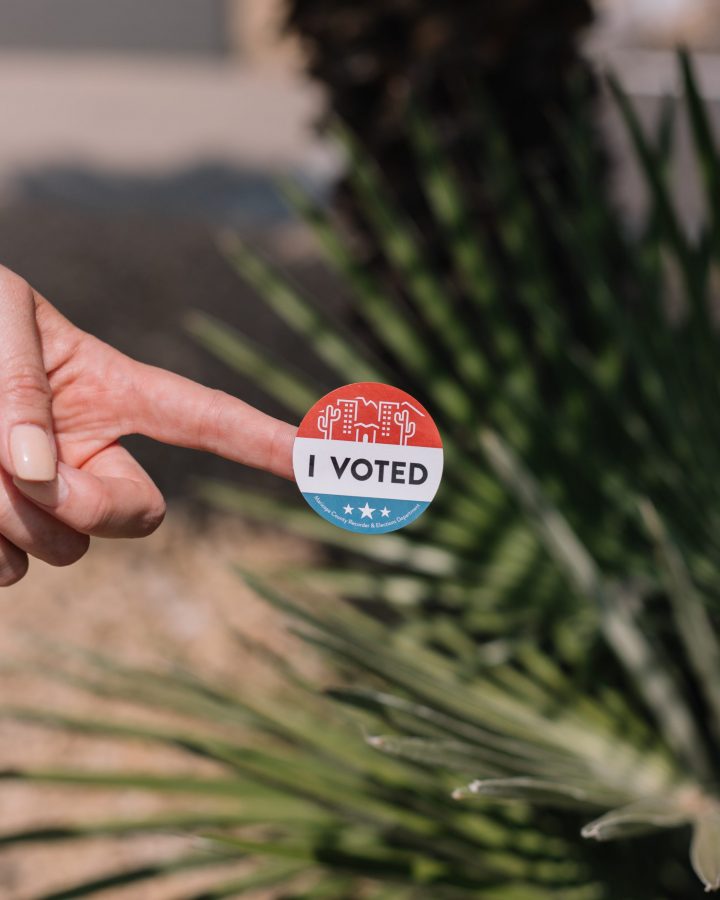As political polarization spreads across America, more college students are showing up at the polls. As a result, the United States Census Bureau reported that half of Americans between the ages of 18 and 24 voted in the 2020 presidential election, a significant increase from years past. However, compared to older generations, this group still had the lowest voter turnout.
As Millenials and Gen Z will soon make up the largest percentage of eligible voters, it’s important for their voices to be heard in national as well as local elections. Fortunately, they will soon have this opportunity during Georgia’s 2022 gubernatorial election – AKA, the race for governor.
While the person in the governor’s mansion may seem unimportant to college students, this election will affect everything from COVID-19 policies to healthcare costs and voting laws. In addition, Georgia is a swing state; so, if you have a preference as to which party is pushing our political agenda, the time to act is now.
Read on to find out about our candidates for Georgia governor, and make sure you vote in the primary on May 24 as well as the general election on Nov. 8.
Republicans:

Brian Kemp
Brian Kemp is our current governor, and he’s currently running for reelection. In 2020, he disputed Trump’s claims of voter fraud in Georgia, certifying Biden’s win. This has caused a divide within the Republican party, as consequently, Trump is backing candidate David Perdue.
According to his campaign website, Kemp’s former run for governor was based on “a bold, conservative plan to spur economic growth, reform state government, strengthen rural communities, lower healthcare costs, and protect Georgia families from violence,” which he has “worked tirelessly to turn…into reality.” The site also mentions his championship of “the largest teacher pay raise in state history,” his signage of the “strongest pro-life bill in the country” and his support of legislation to “restore voter confidence.”

David Perdue
Former Sen. David Perdue’s bid for governor seems to center around support of Trump’s voter fraud claims and opposition to the values of the far-left. His Twitter page states the following: “Georgians are tired of do-nothing, weak-kneed politicians. As Governor, I’ll be a fighter, who never caves to the woke left.” His page also mentions secure elections, the elimination of state income tax, and his ability to ensure “Stacey Abrams NEVER becomes Governor of Georgia.”
Catherine Davis
On her website, Catherine Davis is described as a “celebrated public speaker and civil rights activist.” The homepage lists five reasons she is running. The first is election integrity, and the second is religious freedom. The third is medical freedom, as all Georgians have “bodily autonomy and should never be compelled or mandated to accept medical treatment by either a governmental institution or private business.” The last two reasons are school choice and the protection of infant life, as “many abortion providers have become predators” targeting groups “based on the color of their skin.”
Kandiss Taylor
Kandiss Taylor is a public educator from south Georgia. According to her website, her campaign is based on “Jesus, Guns, and Babies!” Her other values include election reform and education, as “Critical Race Theory, Comprehensive Sex Education, and Social Emotional Learning have no place in our Georgia schools.” When it comes to immigration, her stance is to “Let ICE do their job!” and that there should not be any sanctuary cities or counties in our state. She also values farmers, vowing to give them “the attention and aid that they deserve.”
Democrats:
Stacey Abrams

Stacey Abrams lost the race for governor in 2018 to Kemp, but she made headlines for speaking out about possible voter suppression that was racially motivated. According to her website, she’s running for governor now “because opportunity and success in Georgia shouldn’t be determined by your zip code, background or access to power.” Her Twitter page mentions her support of small businesses, Medicaid expansion, criminal justice reform, and fixing issues facing Black voters. She told Capital B Atlanta that her mission for targets of voter suppression is to “make certain they know how to cast their ballots, what the barriers are, and how to circumvent them.”























